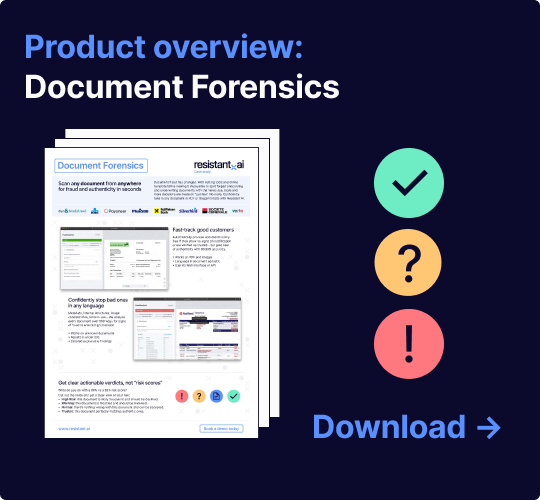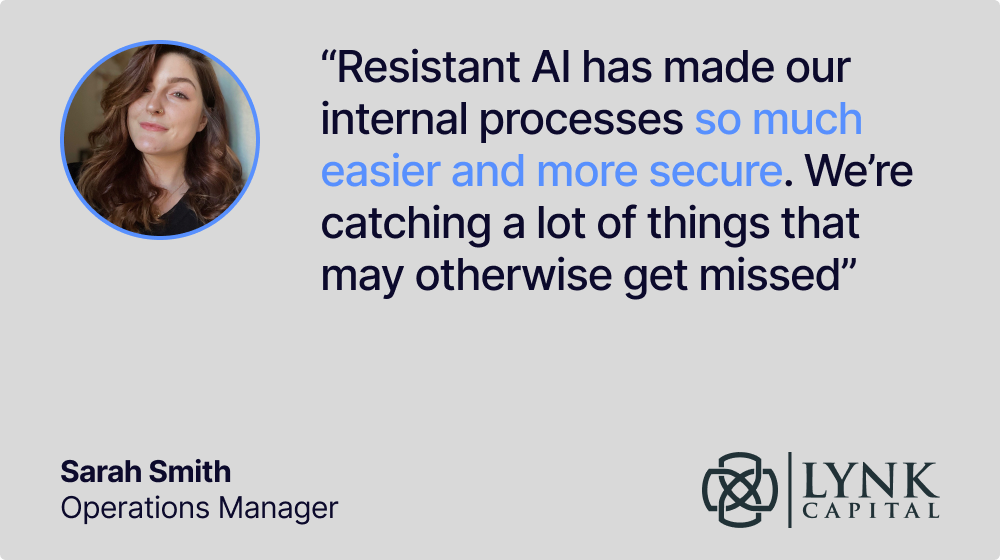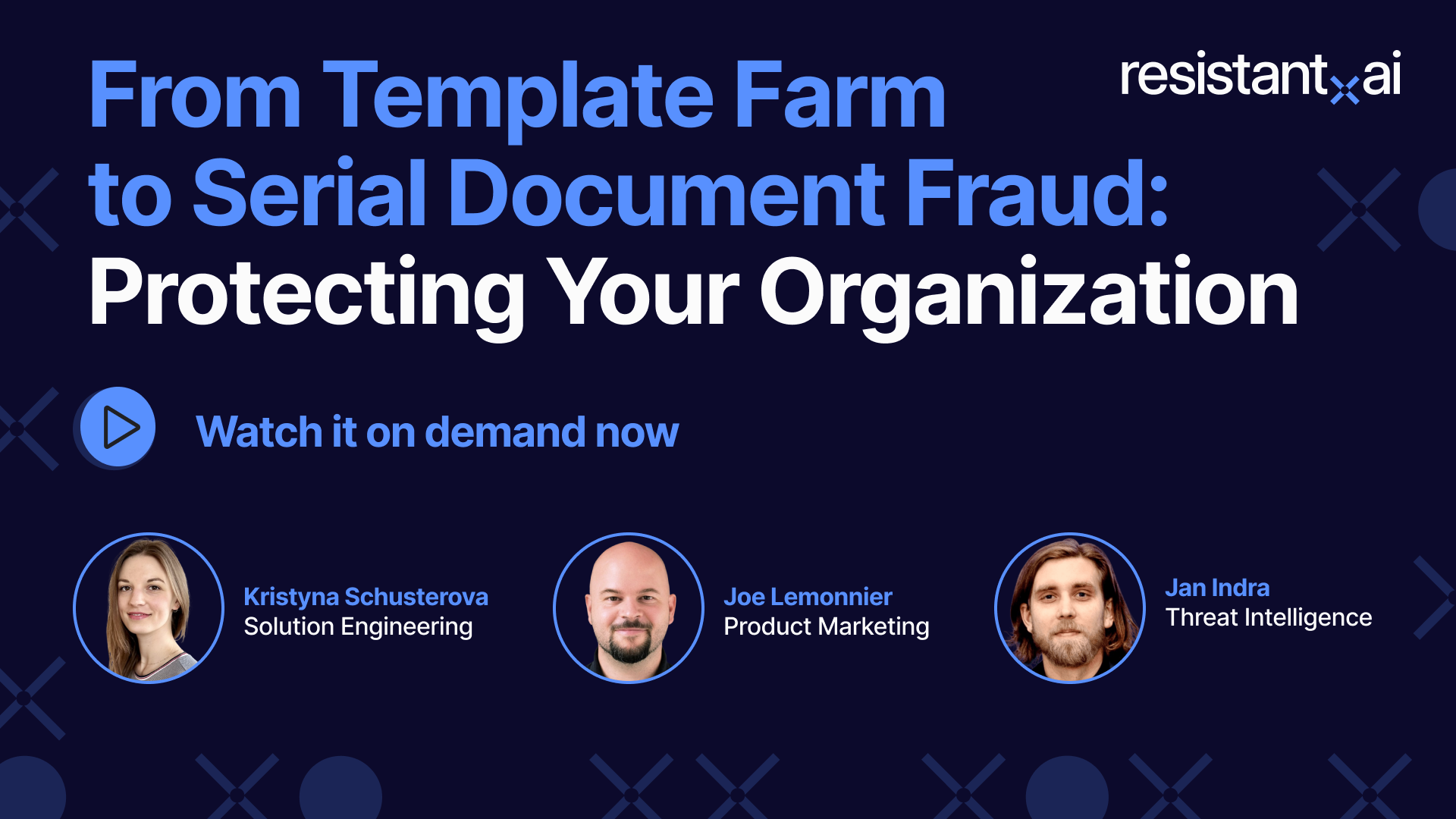Fast, fraud-free document processing for Payoneer accounts
Integrating AI-powered fraud detection and prevention into the customer onboarding journey helped global payment processor Payoneer protect against document forgery and identify new threats more quickly and accurately than ever. Here’s how.
THE CLIENT
Payoneer: decision-making in a high-fraud risk environment
Payoneer is an e-commerce technology company that connects millions of entrepreneurs and businesses with each other, allowing them to transact, do business, and grow anywhere in the world. Founded in 2005, they have grown to serve more than 5 million customers in over 190 different countries, and went public in 2021 (NADAQ-GM: PAYO).
Key to this success has been an intense focus on operational efficiency and the constant prioritization of their customer experience. And it was precisely to meet the challenges of staggering growth across a wide diversity of compliance regimes that Payoneer sought the help of various technologies specializing in document processing.
THE CHALLENGE
Discovering the fraud bottleneck in intelligent document processing
“We were looking for a way to introduce technology that would simplify our document intake process: to get the content off of the documents and into our system,” says Aharon Weissman, Senior Product Manager at Payoneer.
That was already a challenging task as they were looking at proof of address, income, and certificates of incorporation documents coming from a huge variety of markets and submitted in a host of different languages and formats: PDFs, images, scans, screenshots, etc.
“In that journey, we quickly realized that reviewing the documents for fraud was a prerequisite, because document processing technology might work to lift the content from the document, but it has no idea if a document has been modified,” says Weissman.
Maintaining the high standards and performance that had fueled Payoneer’s success is not easy. Customer approval representatives work with regional regulatory experts as their back up and adhere to strict service-level agreements to deliver fast turnaround times for customers. Trying to detect digital forgeries which cannot be seen by the naked eye under such conditions was creating unacceptable levels of doubt and risk in the onboarding process.
Worse yet, like many other digital-first financial services Payoneer encountered a new type of fraud in their submissions: mass, serialized fraud, where single documents were being used as templates to spawn dozens or even hundreds of forgeries.
That’s when they turned to Resistant AI for help.
OUR SOLUTION
Uncovering serialized fraud
Resistant AI embarked on a true partnership with Payoneer, developing multiple cutting-edge detection capabilities to help overcome fraud challenges.
First, forensic detections were applied and tested against large batches of documents submitted by customers. Because Resistant AI’s Document Forensics capabilities don’t require reading the content of the documents to detect forgery, it was particularly well suited to work across the large variety of languages Payoneer deals with. It also provided customer approval reps with detailed findings.
Then, serial fraud detection capabilities were deployed to compare all documents across completely different submissions, stopping hundreds of serial fraud attempts per day.
Finally, hyper-granular verdicts were customized to meet Payoneer’s specific risk appetites with 99.2% accuracy, triggering various workflows for document acceptance and declines to speed up the work of customer approval reps.
When documents were escalated for investigation, Resistant AI learned and adapted from them, continuously reducing the amount of documents going through manual fraud review.
Now, with more than 82% of their document fraud decision-making supported by Resistant AI and only edge cases escalated for review, Payoneer can confidently continue its journey to accelerate its entire customer onboarding process.
Make your documents Resistant


